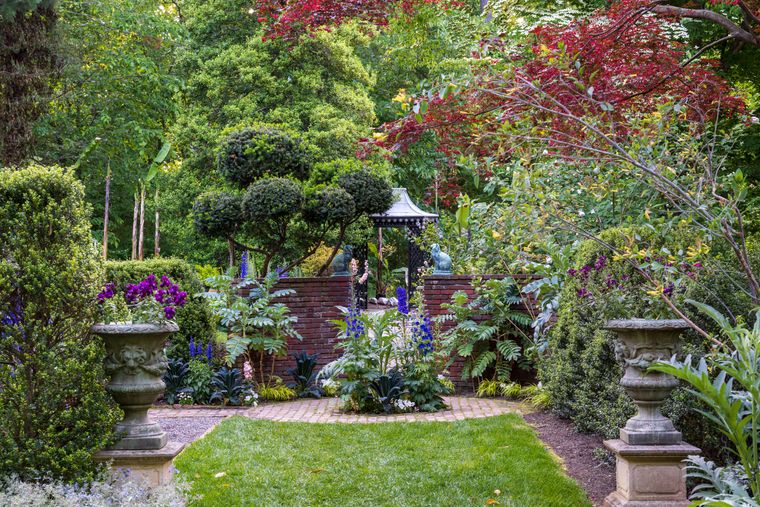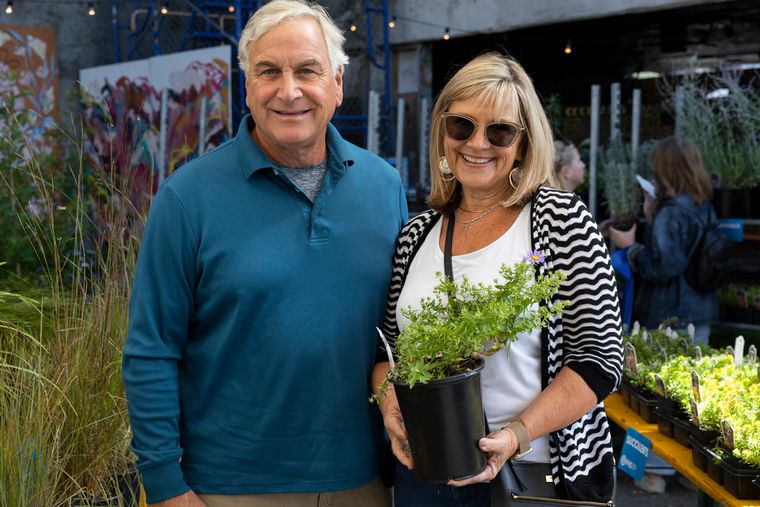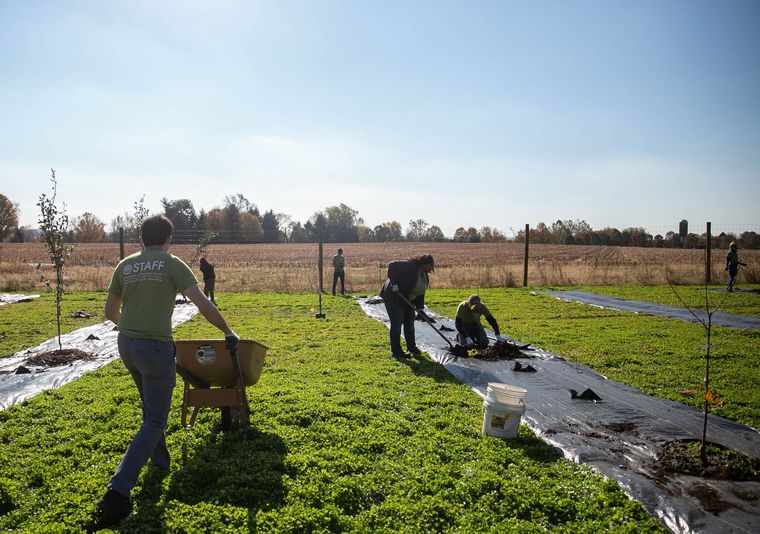



For the Love of Plants – December 2018
Press Releases
for the love of plants

One of the most popular plants in the U.S. at this time of year is actually a tropical plant introduced to the American public at the first Philadelphia Flower Show in 1829. The Poinsettia has become a holiday horticultural icon. Joel Roberts Poinsett -- a botanist, physician, and the first U.S. Ambassador to Mexico -- spotted the brilliant red blooms on a trip south of the border in 1825. Enamored with their beauty, he shipped some back to his hothouse in Greenville, South Carolina. It was there that he began propagating and sending the plants to friends and botanical gardens. Bartram’s Garden received one of his plants and introduced it into commercial cultivation.
Sales of Poinsettia, or Euphorbia pulcherrima, now peak every year during the six weeks leading up to Christmas. With more than 100 varieties, including pink, white, burgundy, marbled, and speckled, there is a shade to please everyone’s color palette. Often mistaken for flowers, the colored parts of the plant are modified leaves, called bracts. New for 2018, Lyra™ Red and Mirage™ Red both flaunt deep red bracts. For those who love hot pink, Princettia Pink is a show-stopper.
Bundle up your Poinsettia carefully for its ride home from the nursery. Even a few minutes of exposure to temperatures below 50 can damage it. Place it in indirect light in a warm, sunny spot away from drafts. Position it to avoid touching cold windows. When the soil is dry to the touch, water the plant thoroughly.
Poinsettias can be mildly toxic. Prevent children and pets from chewing or swallowing the leaves.